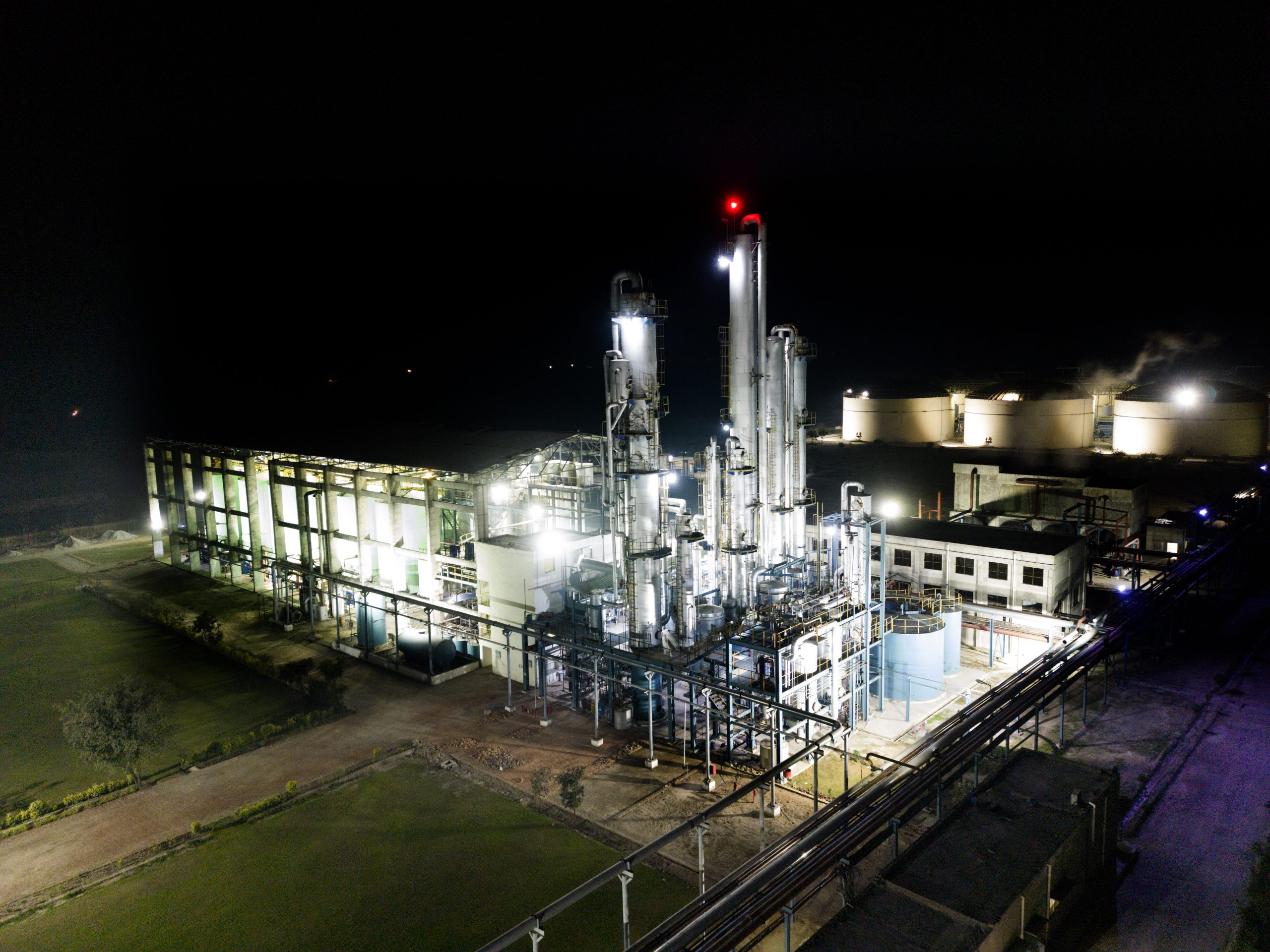Alcohol Distillery Production Process: A Comprehensive Guide
Alcohol / Ethanol Distillery Production Process: A Comprehensive Guide
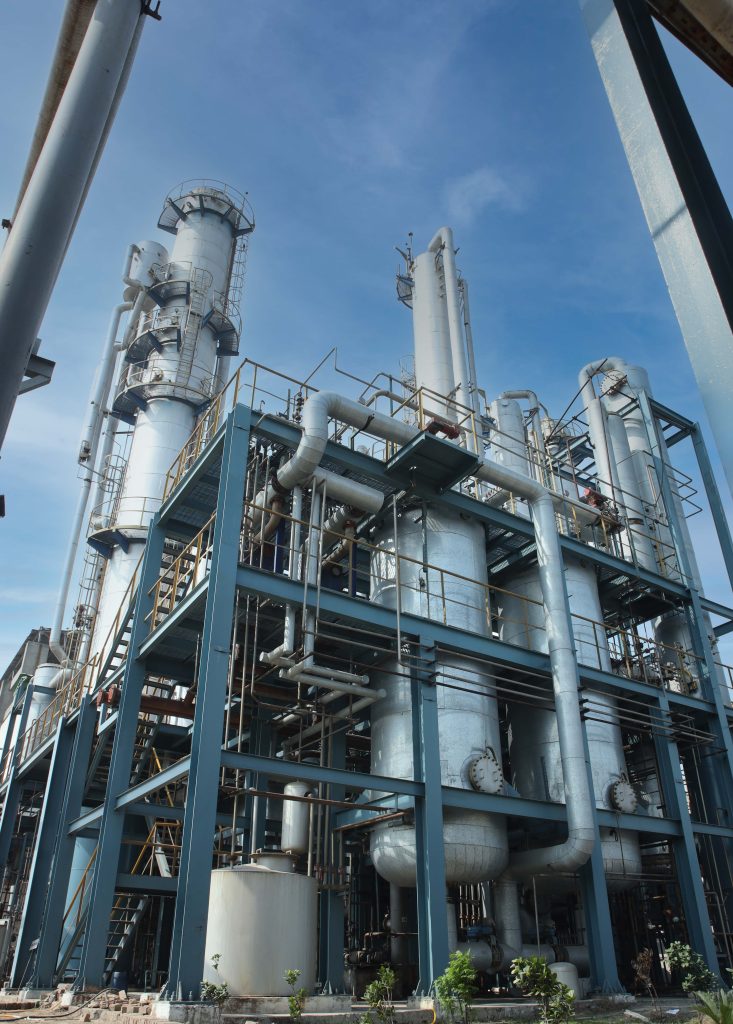
Discover the Intricate Process of Alcohol Distillery Production
Are you curious about the intricate process behind alcohol distillery production? Look no further! In this guide, we will take you through the step-by-step journey of how alcohol is produced in a distillery. From fermentation to distillation and effluent treatment, we will unveil the secrets behind each stage.
Fermentation: The Key to Alcohol Production
The first stage of alcohol production is fermentation. At Hunza Sugar Mills (Pvt), a leading distillery, the process begins with the use of sugar cane molasses as the primary raw material. The molasses are carefully mixed with hot water in a controlled ratio using state-of-the-art French Technology. To ensure optimal conditions, the pH level is adjusted by adding Sulphuric Acid. The resulting mixture, known as “Mash,” undergoes decantation to remove unwanted sludge. A portion of the Mash is used to produce biomass, which contains yeast cells responsible for alcohol production. The remaining Mash is sent to main fermentation tanks, where the magic of fermentation takes place, yielding a remarkable 8-9% alcohol content.
Distillation: Transforming Mash into Refined Alcohol
Once fermentation is complete, the fermented alcohol Mash enters the distillation stage. In this process, the Mash is sent to distillation columns, where it is heated and boiled. The alcohol vapor rises to the top of the boiling column, while the waste material is discharged from the bottom and directed to a water treatment plant. The crude alcohol collected from the top is then purified further in a rectification column. Here, pure rectified alcohol is separated from water, which can be reused or drained. The rectified alcohol undergoes additional refinement in a methanol recovery column before being transferred to daily production tanks and eventually stored in the main storage tank.
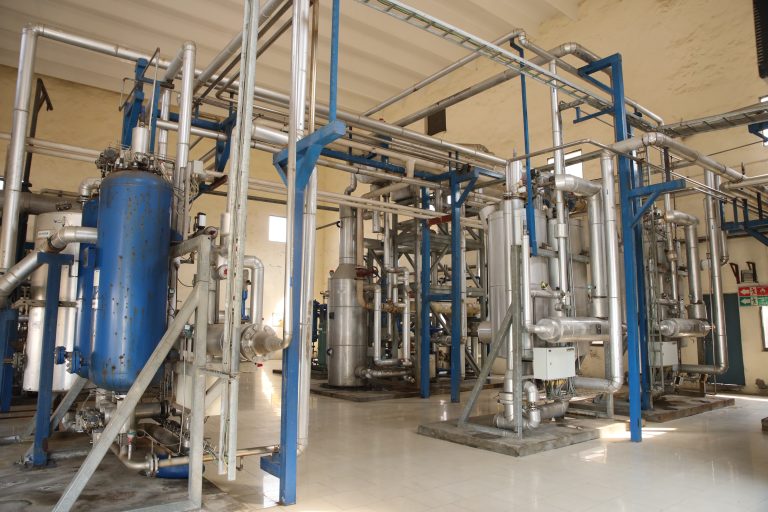
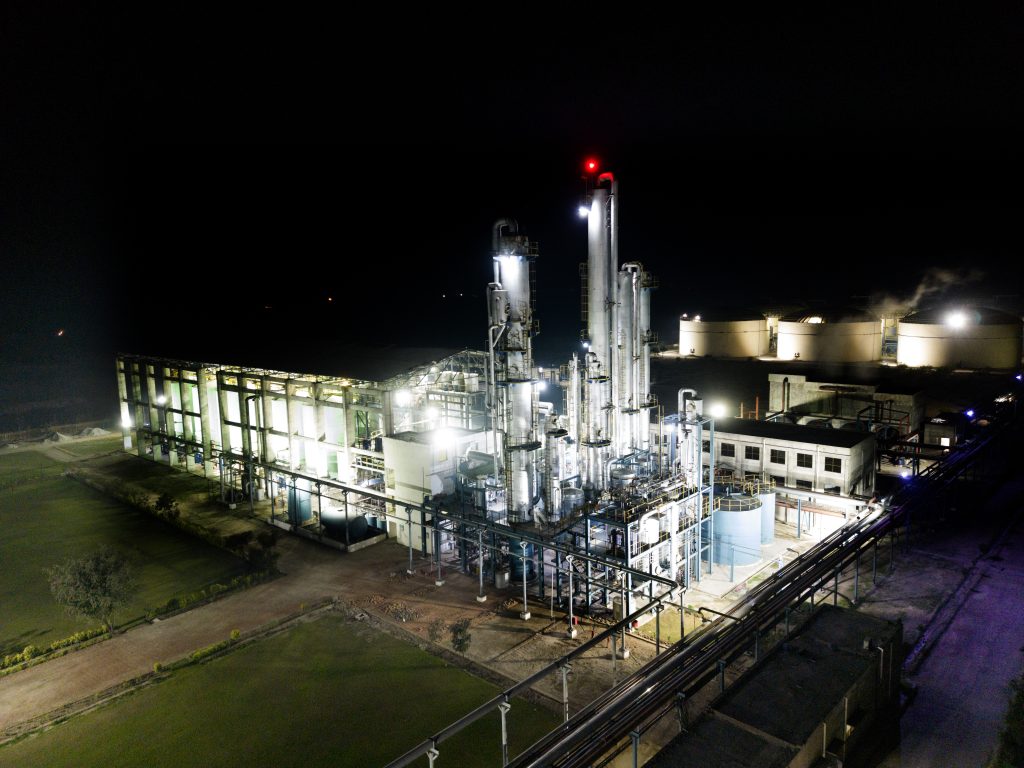
Effluent Treatment: Ensuring Environmental Responsibility
At Hunza Sugar Mills (Pvt), environmental responsibility is a top priority. The effluent treatment plant plays a crucial role in ensuring sustainable practices. The plant utilizes an anaerobic treatment process consisting of hydrolysis, acid formation, and methane formation. Specially designed digesters are employed to facilitate the three-step process. During this treatment, anaerobic micro-organisms consume the organic matter present in the raw spent wash, converting it into biogas and a small amount of new cell mass. This sustainable approach helps minimize the environmental impact of the production process.
Alcohol Storage: Safeguarding the Precious Product
With a total capacity of 8 million liters, Hunza Sugar Mills (Pvt) boasts two storage tanks for superfine grade alcohol. Additionally, there is one tank for 1.5 million liters of B-grade alcohol, 0.5 million liters of denatured grade alcohol, and another tank holding 0.1 million liters of fusel oils. These storage facilities ensure the safekeeping of the various alcohol grades produced, meeting the demands of diverse markets.
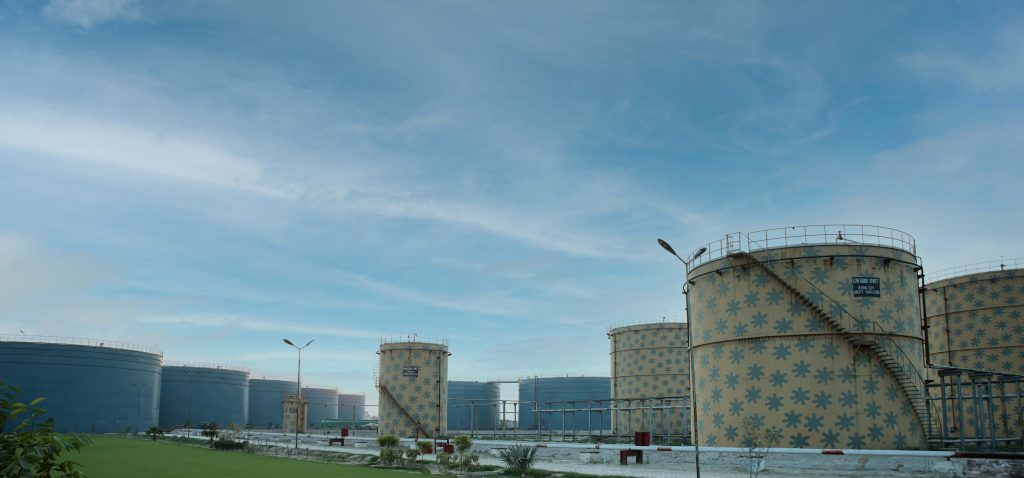
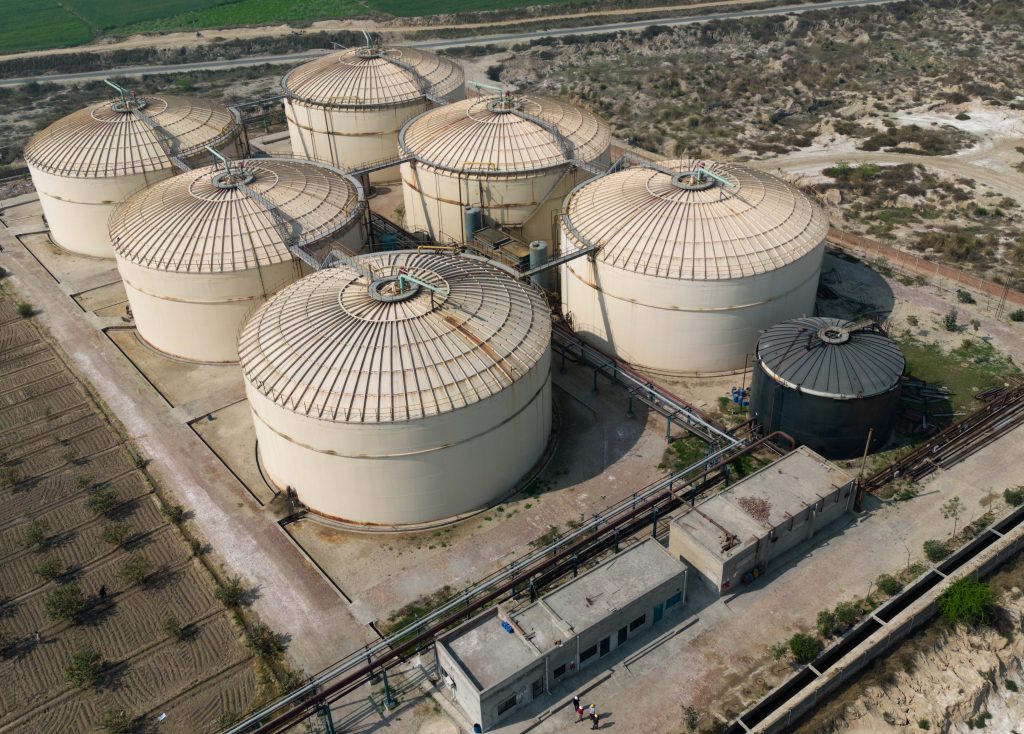
Unveiling the Fascinating World of Alcohol Distillery Production
Now that you have delved into the captivating process of alcohol distillery production, you are equipped with a deeper understanding of how alcohol is made. From fermentation to distillation and effluent treatment, each stage contributes to the creation of high-quality alcohol. At Hunza Sugar Mills (Pvt), cutting-edge technology and a commitment to environmental responsibility drive the production process. Experience the remarkable craftsmanship behind every bottle of alcohol, knowing that it has undergone a meticulous journey from raw materials to refined perfection.
Conclusion: Premium Extra Neutral Alcohol (Ethanol) is a versatile substance with a broad spectrum of applications in various industries. From the food and pharmaceutical sectors to cosmetics, perfumes, inks, cleaning products, and hand sanitizers, Ethanol plays a pivotal role. Its exceptional solvent properties, antimicrobial efficacy, and versatility make it a preferred choice for manufacturers worldwide.
With its diverse range of uses and reliable performance, Premium Extra Neutral Alcohol continues to contribute significantly to the development of innovative products across multiple industries.

